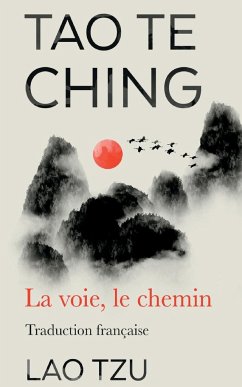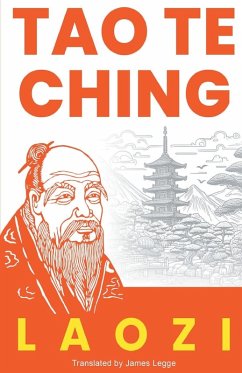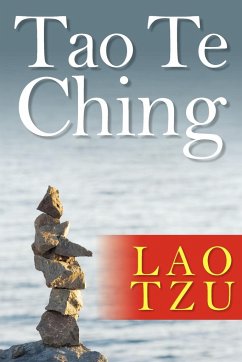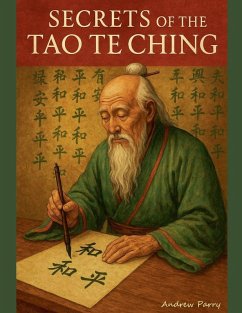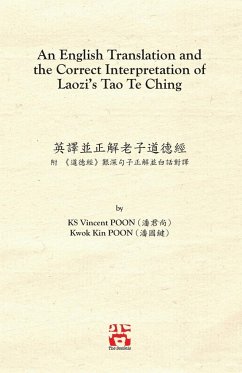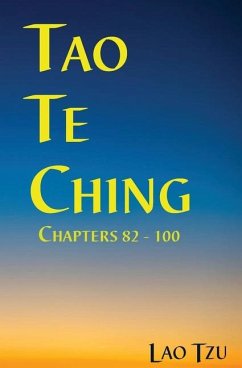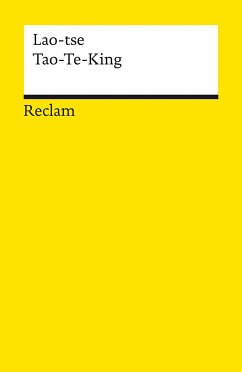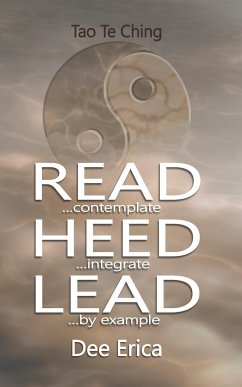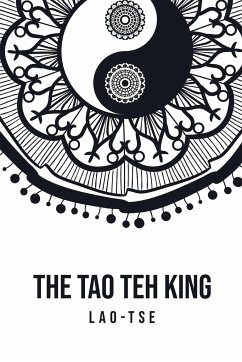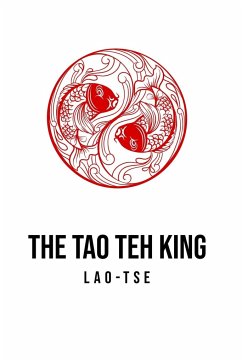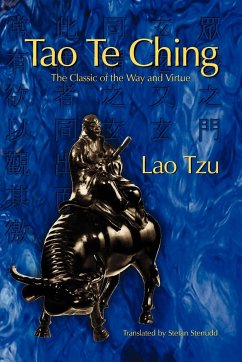
Tao Te Ching
The Classic of the Way and Virtue
Versandkostenfrei!
Versandfertig in 1-2 Wochen
12,99 €
inkl. MwSt.

PAYBACK Punkte
6 °P sammeln!
Tao Te Ching is the 2,500 years old source to Taoism, written by the legendary Taoist philosopher Lao Tzu. In 81 short chapters, he presented the world according to Tao, the Way, and how mankind should adapt to it. The book has become one of the foremost world classics of wisdom - maybe even more relevant today, than it was to Lao Tzu's contemporaries. This translation of the text focuses on the clarity and simplicity by which Lao Tzu expresses his fascinating cosmology and profound ethics. Except for a short foreword by the translator, Lao Tzu's text is uncommented in this edition, allowing i...
Tao Te Ching is the 2,500 years old source to Taoism, written by the legendary Taoist philosopher Lao Tzu. In 81 short chapters, he presented the world according to Tao, the Way, and how mankind should adapt to it. The book has become one of the foremost world classics of wisdom - maybe even more relevant today, than it was to Lao Tzu's contemporaries. This translation of the text focuses on the clarity and simplicity by which Lao Tzu expresses his fascinating cosmology and profound ethics. Except for a short foreword by the translator, Lao Tzu's text is uncommented in this edition, allowing it to speak for itself. Stefan Stenudd has also published an edition with extensive comments and explanations: Tao Te Ching. The Taoism of Lao Tzu Explained.





